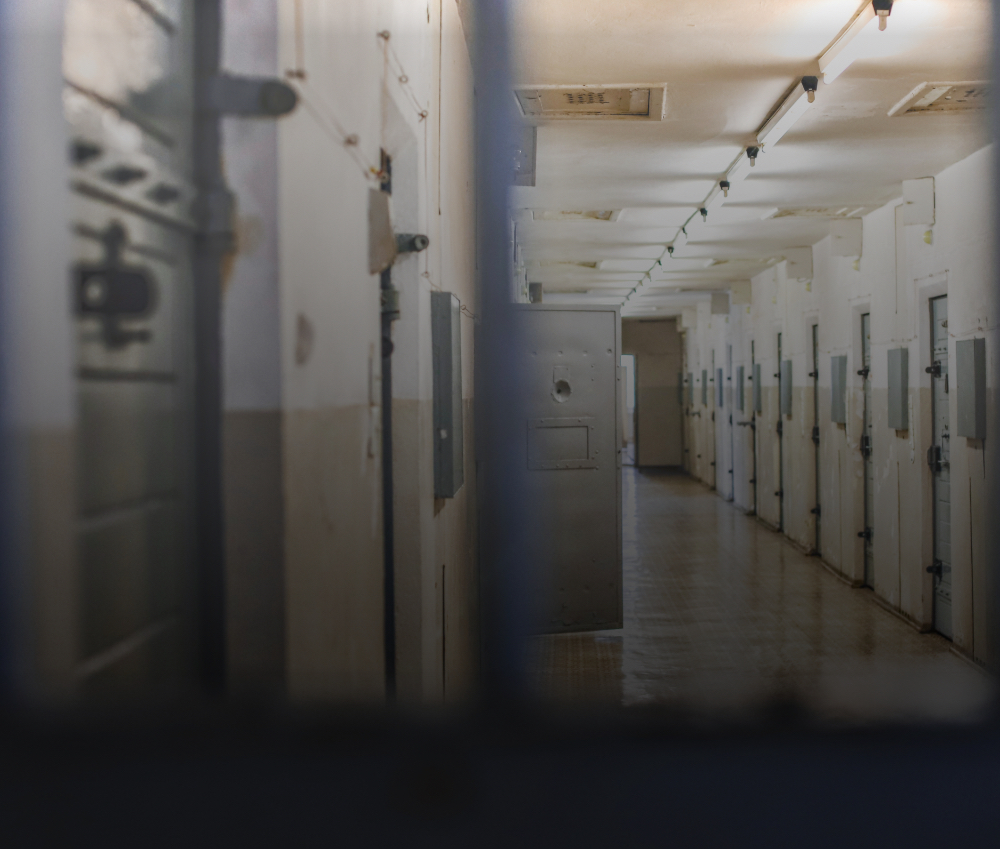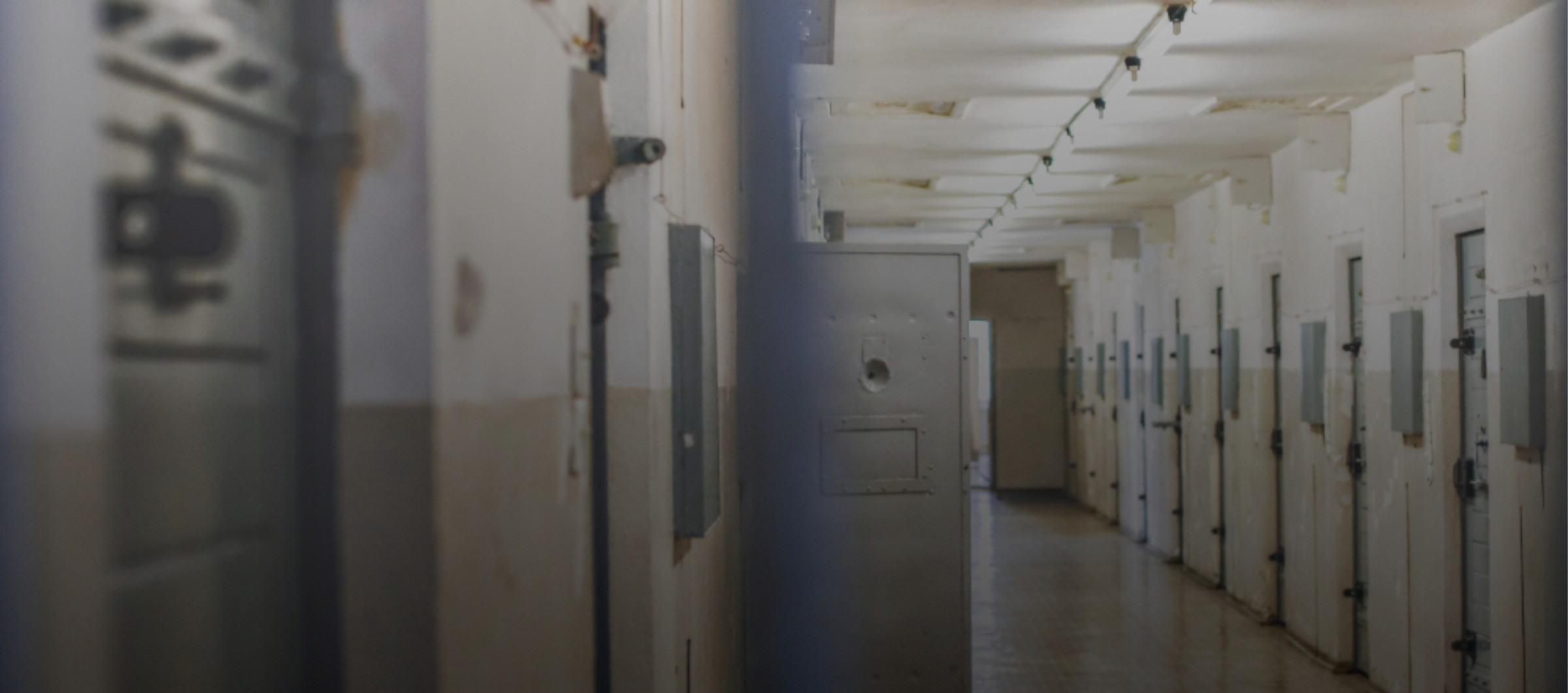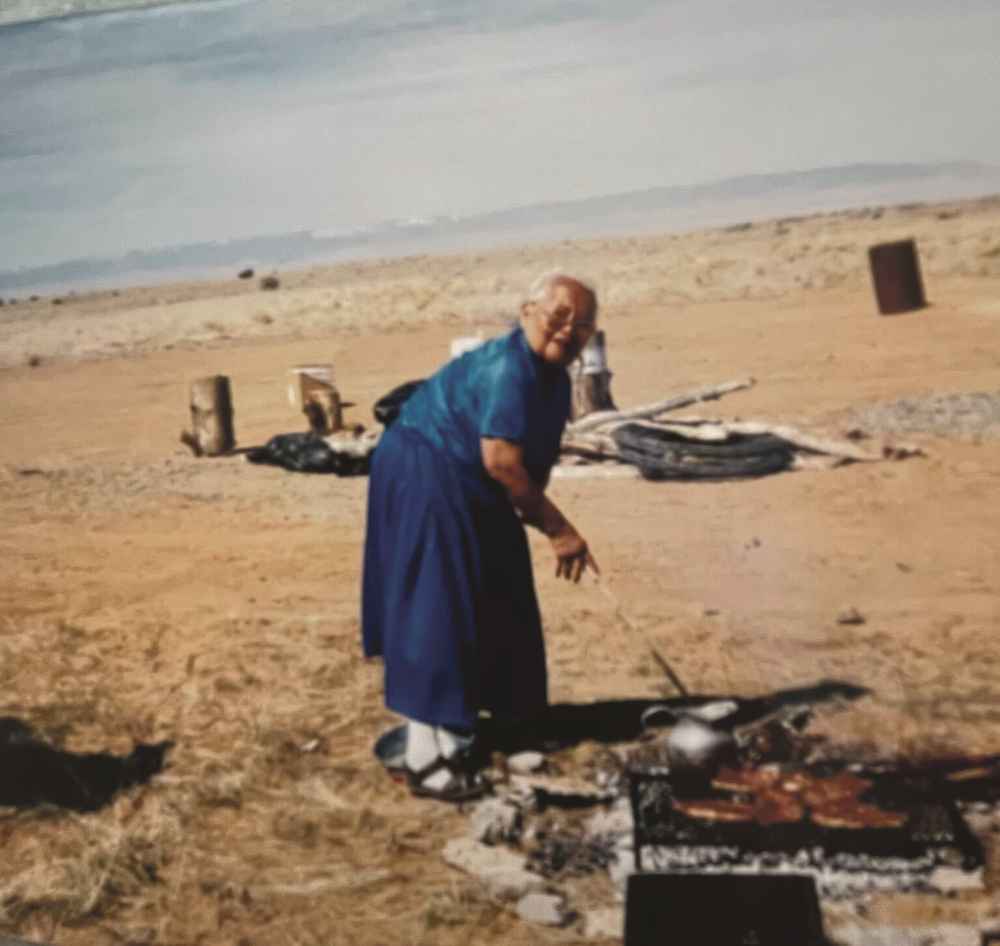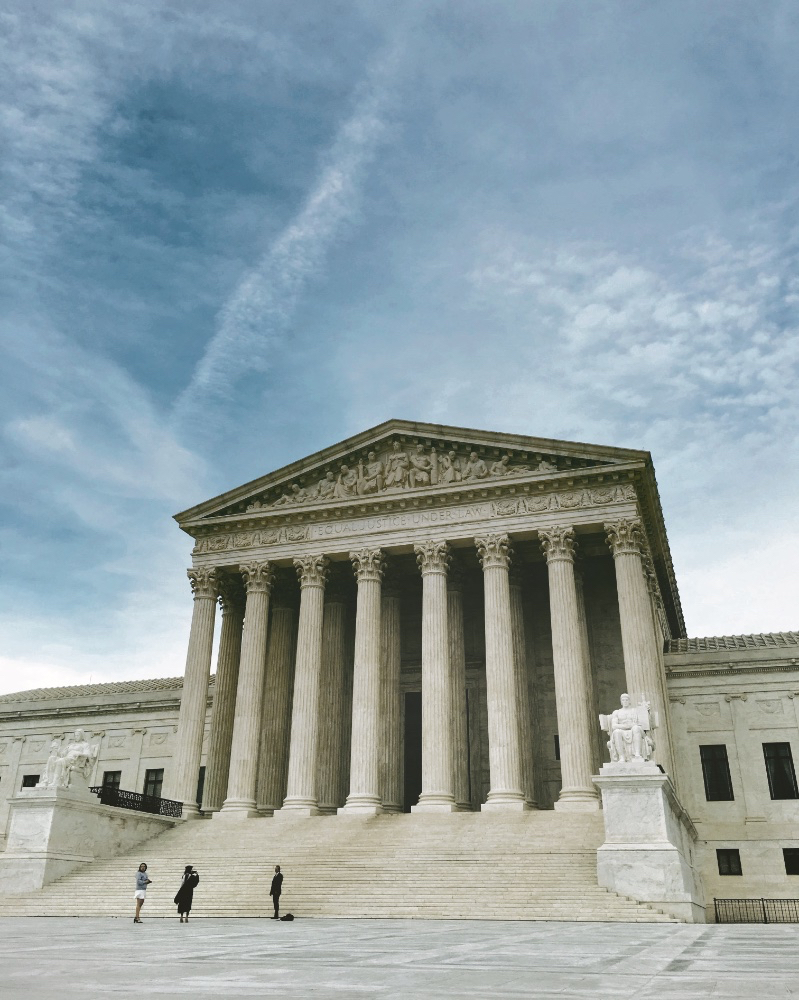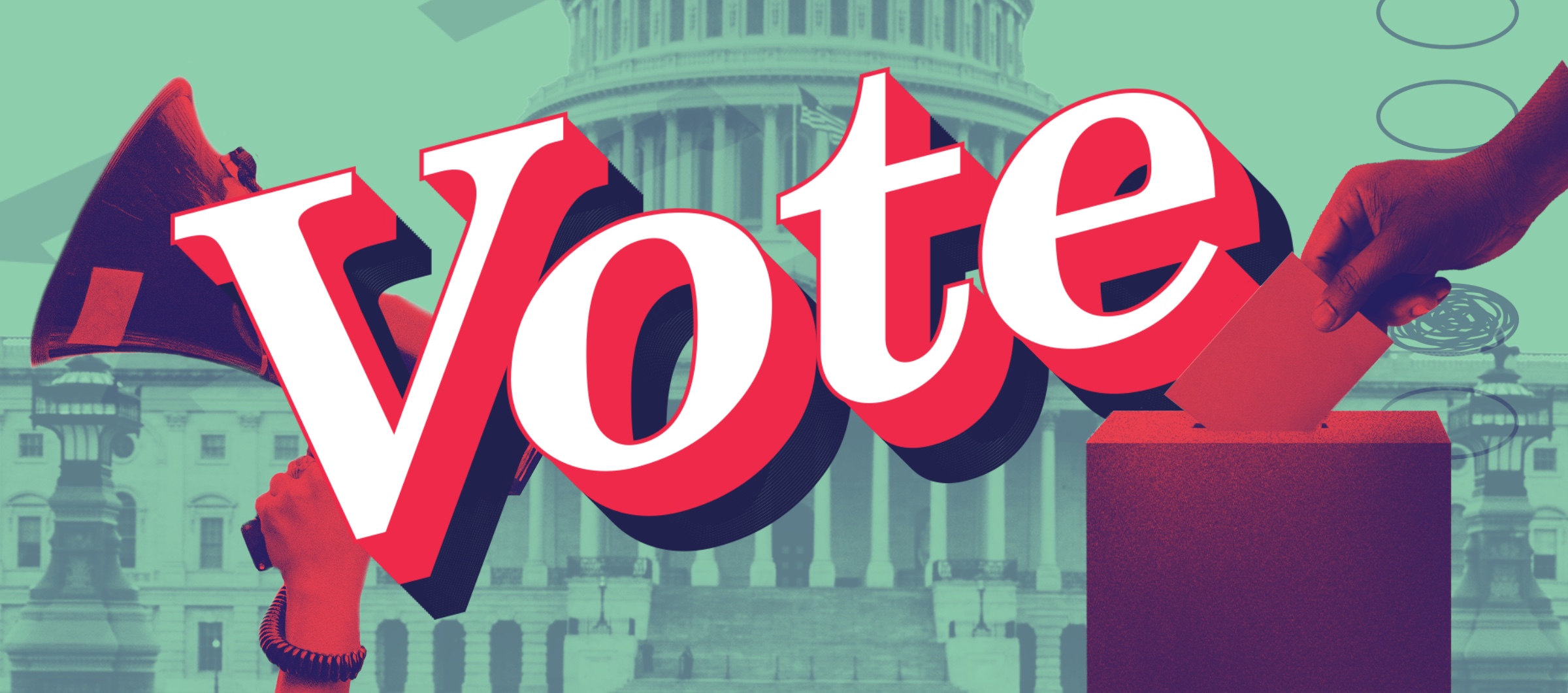I’d like to ask you to engage your imagination. Think of someone you love who has struggled or is struggling with their mental health, maybe a family member, a close friend, or maybe yourself. Many of us know someone who has turned to drugs to cope; certainly, the rest of us can imagine such a circumstance.
Has this person made mistakes because of mental illness or drug use? Could some of those mistakes have gotten them in trouble with the law?
As a country, we disproportionately incarcerate individuals with serious mental illnesses, but our carceral system does little to nothing to address their needs.
Keep your loved one in mind: what are your hopes and dreams for this person? Do they get help for their mental health struggles? Do they participate in an evidence-based drug treatment program? Do they continue to have support even if progress is slow and non-linear? If they get the help they need, would it allow them to make fewer mistakes in the future?
As a country, we disproportionately incarcerate individuals with serious mental illnesses, but our carceral system does little to nothing to address their needs. In fact, studies show that incarceration can trigger and worsen symptoms of mental illness, and those effects last long after someone has been released. As a result, many people return to their communities worse off than before they were incarcerated, making it even more difficult to avoid the mistakes that got them there in the first place.
In a blog posted on the ACLU of New Mexico website, a suicide watch observer describes prison staff at Western New Mexico Correctional Facility (WNMCF) further traumatizing people with mental health conditions by putting them in solitary confinement, confining them to cages for rec time, bullying them and not allowing them to shower.
She tells the haunting story of one woman who was refused mental health support. Instead, the staff bullied her to the point where she saw no way out; she died by suicide, leaving behind three children.
The conditions that the companion observer at WNMCF describes and that we know happen in New Mexico’s prison system every day also violate state and federal law.
State law prohibits placing mentally ill people in solitary confinement. Solitary confinement causes lasting harm, and its effects can be lethal, increasing the risk of premature death after incarceration. Still, prisons across the United States and in New Mexico use solitary confinement regularly to “address” a wide variety of concerns, including housing people who are at risk of self-harm.
The U.S. Constitution prohibits dangerous and categorically inhumane prison conditions and requires that incarcerated individuals be provided adequate medical and mental healthcare. Conditions like the ones described by the companion observer also violate federal laws meant to protect people with disabilities.
The U.S. Constitution prohibits dangerous and categorically inhumane prison conditions and requires that incarcerated individuals be provided adequate medical and mental healthcare.
When we think of our loved ones who are struggling with mental illness or addiction, most of us don’t have to imagine them being locked in a small cell 23 or 24 hours per day. We know it would be harmful to deprive them of appropriate mental healthcare, especially in a traumatic carceral setting. We know that isolation from loved ones and healthy coping mechanisms won’t help them find a different path.
The things we want for our loved ones can and should be available to every person who struggles like they do, regardless of income, circumstance or what kinds of mistakes their mental illness has contributed to. We simply need our decision-makers to commit to this shared vision.
Date
Tuesday, October 10, 2023 - 2:30pmFeatured image
